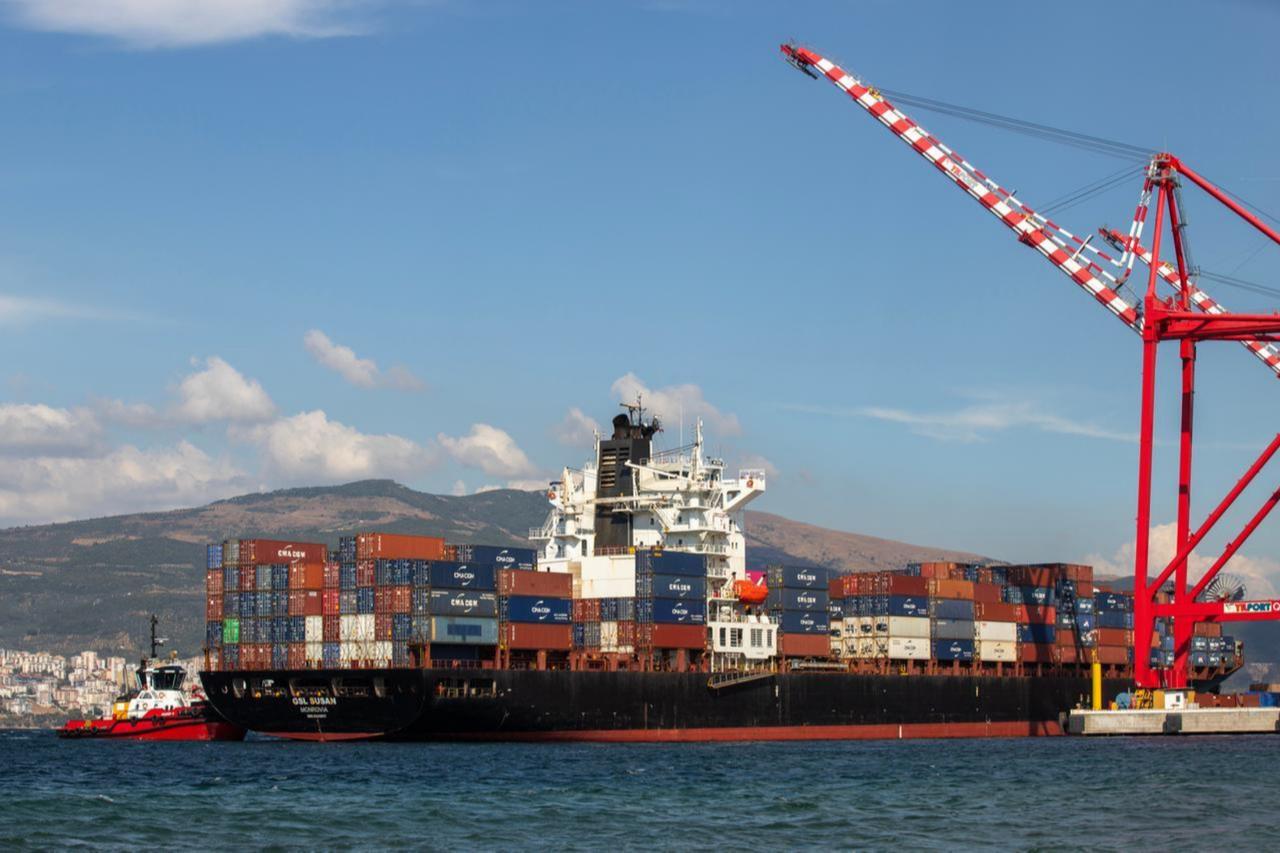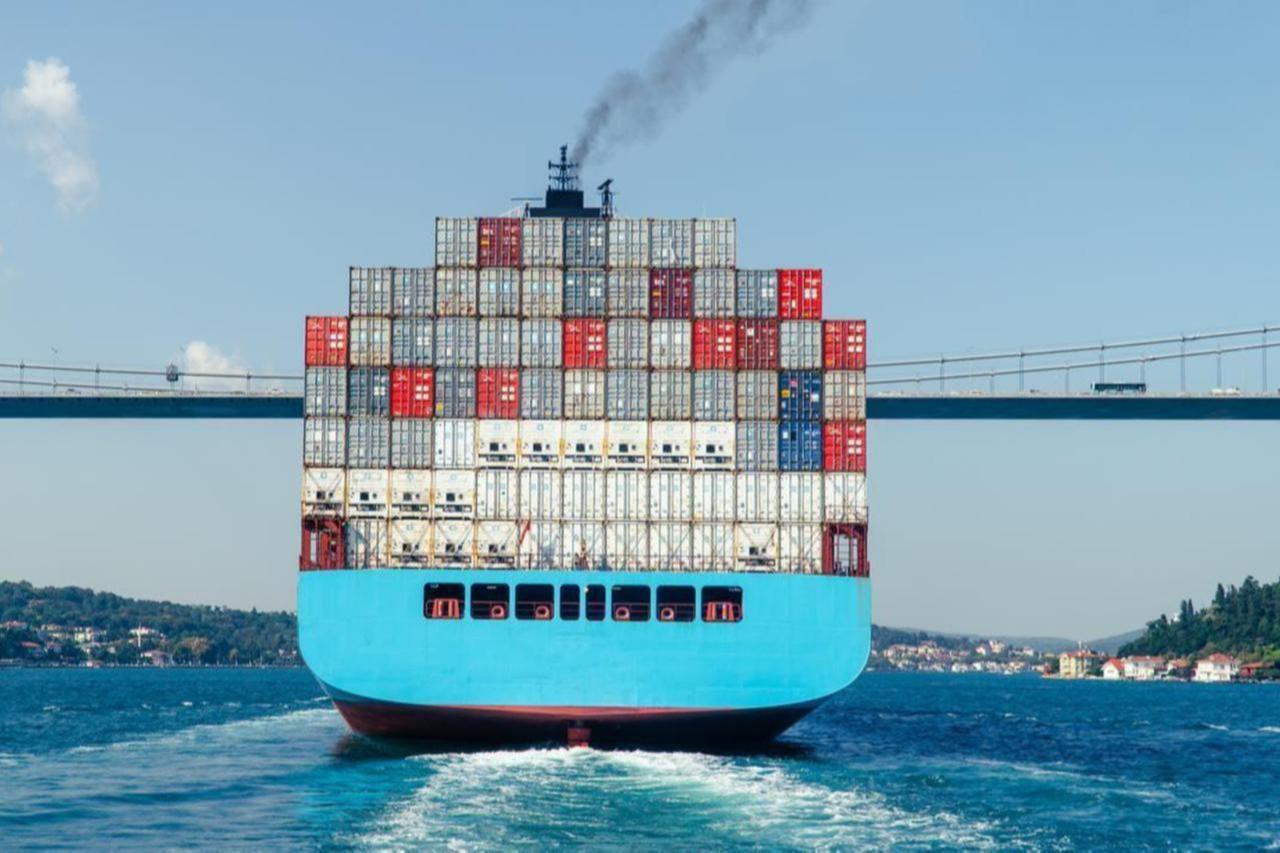
Turkish exporters end the 102nd year of the Republic with a record-high $390B in goods and services exports, Trade Minister Omer Bolat said Tuesday.
Bolat expressed that this success is the result of a unified effort from producers, exporters, entrepreneurs, and the nation's collective determination, reflecting the high quality, competitiveness, and global appeal of Turkish goods and services.
The minister emphasized that Türkiye's export structure was heavily agricultural in its early years, but by 2025, it had diversified into high-value sectors such as automotive, white goods, defense industries, and even software. As of September 2025, the nation's goods exports reached $270 billion, surpassing the initial targets set for the year.
Furthermore, Türkiye’s global share in total exports reached 1.07% in 2024, the highest in the nation's history, compared to the 0.38% average between 1980 and 2000, Bolat highlighted.
A major contributor to the growth is the rise in exports to the European Union (EU). In 2024, exports to the EU hit a record high of $115.1 billion, up from $11.3 billion in 1996, thanks to the momentum gained by the Customs Union. The EU remains a crucial trading partner for Türkiye, and this uptick is further bolstered by the increasing export of high-tech industrial products, he added.
In terms of export shares, industrial products accounted for 94.2% of Türkiye's total exports in 2024, with machinery and vehicles now comprising 30.1% of the country's total exports.

Parallel to the surge in exports, Türkiye’s economic growth has been equally impressive. With an average annual growth rate of 5.4% between 2000 and 2024, Türkiye has emerged as the second-fastest-growing economy within the Organization for Economic Co-operation and Development (OECD), the minister pointed out. During this period, the country’s GDP grew fivefold, reaching $1.36 trillion in 2024, up from $238.7 billion in 2002. Per capita GDP also rose from $3,616 in 2002 to $15,325 in 2024.
The economic transformation reflects a broad-based development that has elevated Türkiye's standing globally, with Bolat noting that, in terms of purchasing power parity, Türkiye's per capita income now stands at 70% of the OECD average, up from just 35% in 2002.
Looking ahead, Bolat underlined that the second century of the Republic will be focused on enhancing trade. With burgeoning sectors such as automotive, defense, and textiles, Türkiye’s production and export power have become a central pillar of its economic success.
Türkiye's overall export reach now spans 224 countries and customs regions, reflecting a dynamic, globally competitive export economy. Bolat remarked that the country is pursuing efforts to strengthen its position, with aspirations for the second century of the Republic.